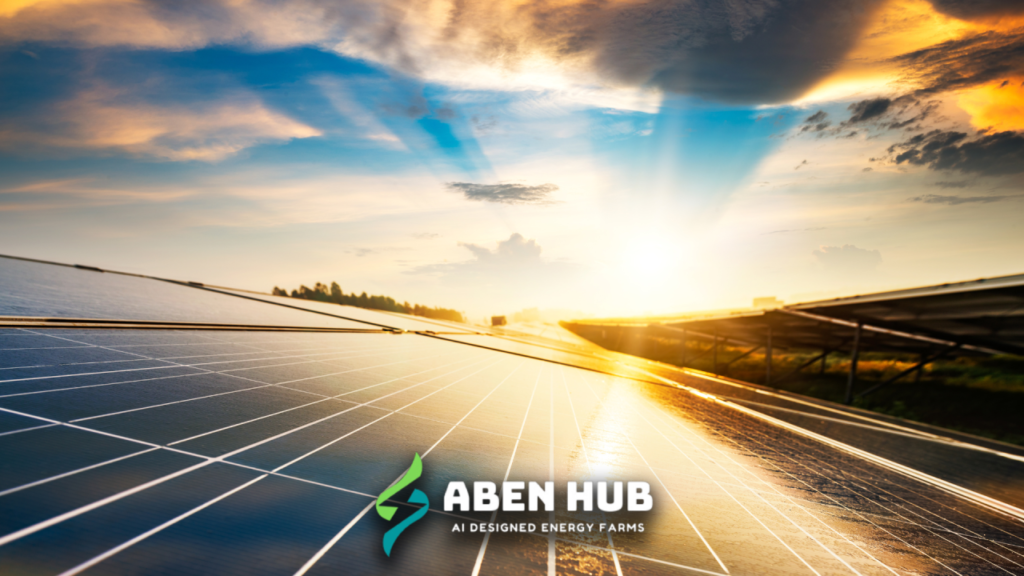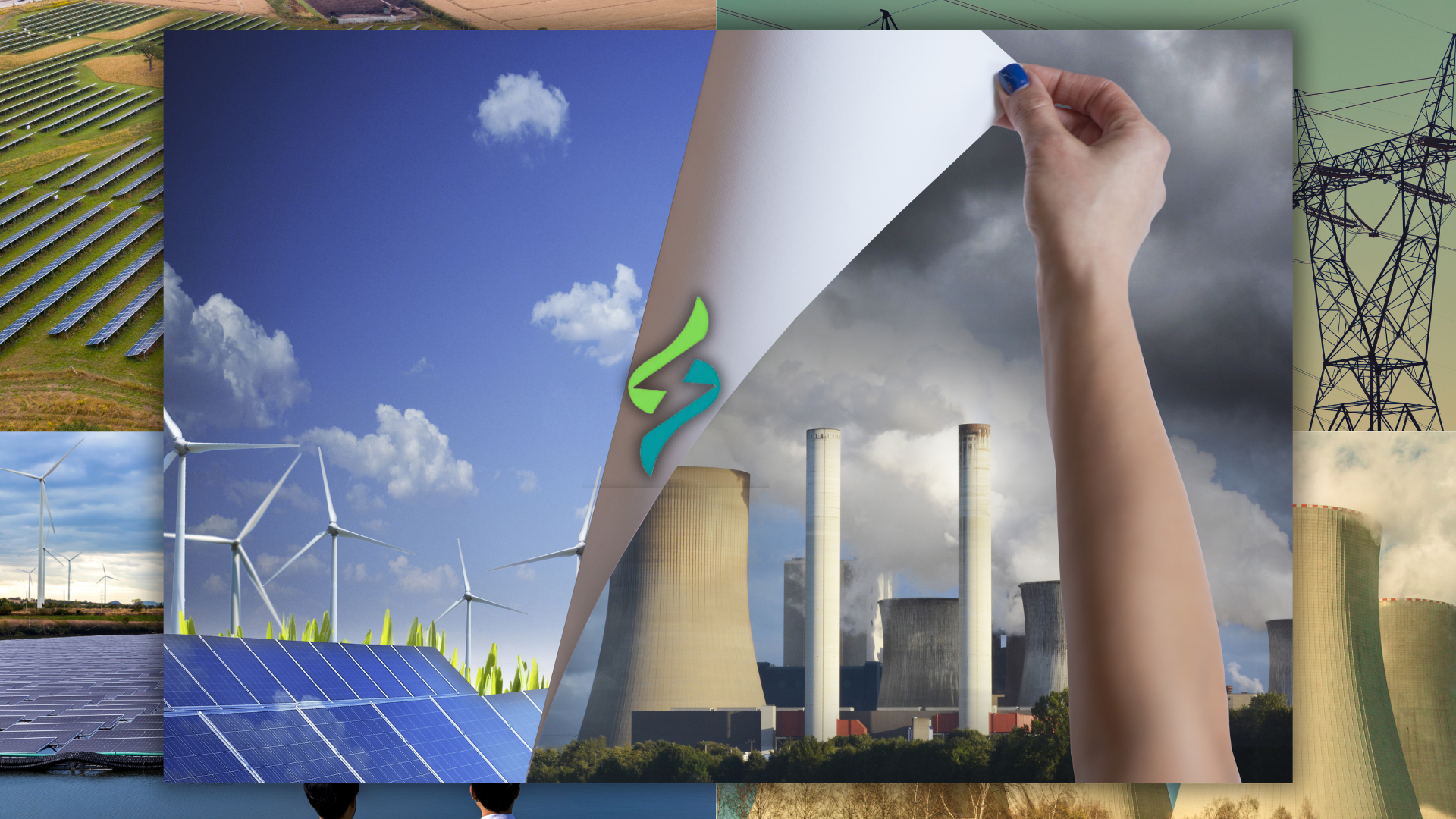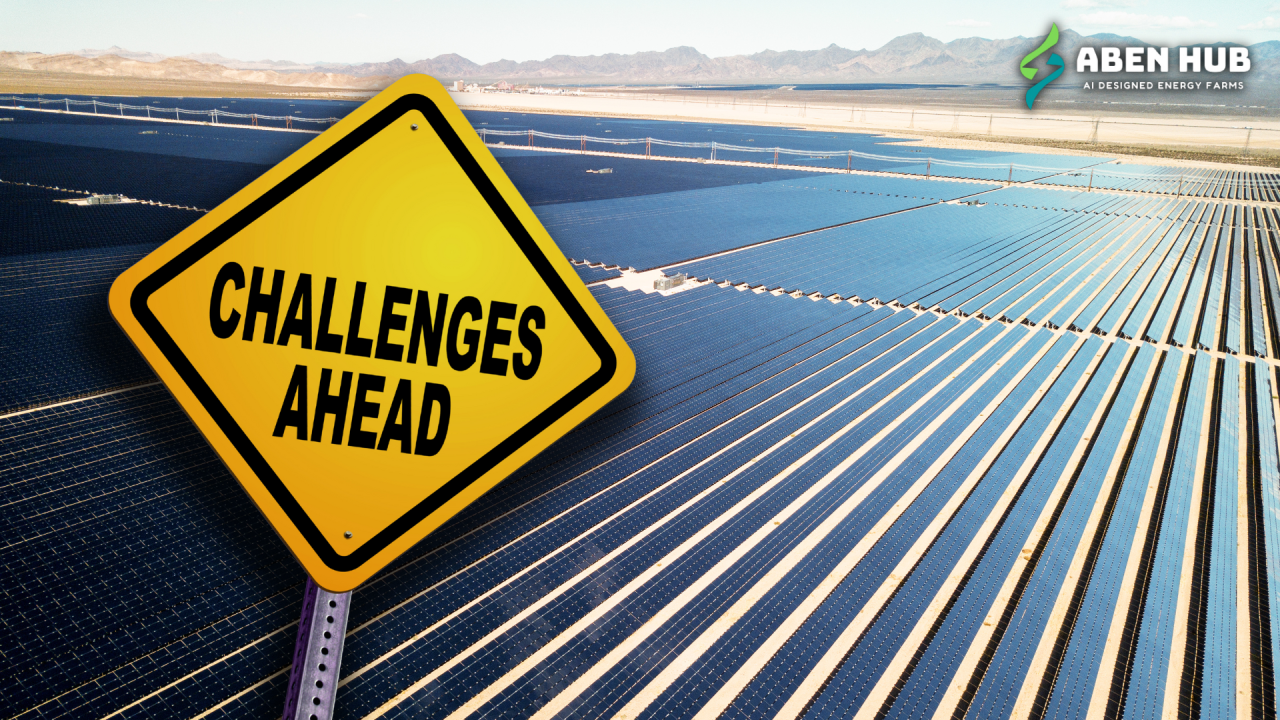In the confluence of environmental responsibility and technological innovation, the trajectory of renewable energy unfolds as an exciting narrative filled with promise and necessity. The global pivot towards cleaner, sustainable energy sources is not merely a fleeting trend but an indispensable journey towards a more eco-conscious future. Drawing insights from the EIA’s International Energy Outlook 2023, we embark on a journey through diverse scenarios, contemplating pivotal factors that promise to reshape the very landscape of energy.
A Glimpse into the Future
By 2050, global coal-fired and liquid fuel-fired generation will decrease significantly in most modeled cases. Zero-carbon technologies, primarily solar, wind, hydroelectric, and nuclear, will grow faster than electricity demand, accounting for 78% to 120% of the incremental global electricity demand from 2022.

In 2022, coal, natural gas, and liquid fuels made up over half of the world’s electricity generation capacity. Zero-carbon technologies will make up 81% to 95% of the new global generating capacity installed in the next 25 years. By 2050, the combined share of coal, natural gas, and liquid fuels is projected to decrease to 27% to 38% of the world’s generating capacity.
Solar Power: The Cornerstone of the Future
What captures our attention is the ascendance of solar energy resonating across varied scenarios. Positioned to lead the energy production spectrum by 2050, solar energy transcends its role as a mere component of the renewable energy mix; it is poised to emerge as its primary driver. In collaboration with wind energy and storage technologies, solar energy is the linchpin in every envisaged scenario, reinforcing the conviction that solar power will be the cornerstone of our energy landscape, guiding us towards a future that is both sustainable and resilient.

Catalysts Driving Projected Growth
- Technological Advancements: The relentless pursuit of innovation in renewable energy technology opens up unprecedented possibilities. Breakthroughs in photovoltaic materials, energy storage, and manufacturing processes are rendering renewable energy more efficient, durable, and cost-effective. Alongside these advancements, ABEN HUB’s design platform is also a game changer that will escalate the economic viability of renewable energy production, making it an enticing choice for both large-scale projects and decentralized applications.
- Declining Costs: A driving force for the future of renewable energy, especially solar, lies in the continuous reduction of costs. The economies of scale, coupled with advancements in manufacturing and installation processes, have substantially slashed the price of solar installations. This cost reduction has not necessarily translated to the design and planning stages of such projects and ABEN HUB is poised to change that. Streamlining the design phase of renewable energy projects for cost-effectiveness and efficiency not only makes clean energy more accessible to consumers but also strengthens competitiveness against traditional energy sources, accelerating the shift towards a solar-centric energy landscape.
- Global Commitment to Sustainability: The escalating global consciousness and commitment to environmental sustainability act as catalysts, fueling the demand for clean energy solutions. Governments, businesses, and individuals are increasingly acknowledging the pivotal role renewable energy plays in reducing carbon footprints and mitigating climate change. Aligning policy incentives, subsidies, and regulatory frameworks are creating a conducive environment for the widespread adoption of renewable energy, fostering an ecosystem where its production can flourish. Nonetheless, the complex process of designing and managing such projects still poses a significant challenge, often resulting in delays and cost overruns. ABEN HUB eliminates this obstacle by substantially reducing costs and project timelines, thereby accelerating our collective commitment to sustainability.
- Energy Independence and Security: Renewable energy becomes a beacon for energy independence by diversifying power sources. Nations and businesses are awakening to the strategic importance of reducing reliance on finite and geopolitically sensitive energy resources, thereby enhancing energy security. ABEN HUB facilitates this transition by providing the tools for users to optimize designs and harness locally available renewable power.
- Job Creation and Economic Growth: The rapid expansion of the renewable energy industry, spurred by ABEN HUB’s advanced designs, not only generates clean energy but also fuels economic growth and job creation. The platform stimulates local economies by supporting a myriad of renewable energy projects, ranging from large utility-scale installations to small-scale systems, thereby becoming a catalyst for sustainable economic development.
ABEN HUB: Shaping a Sustainable Future
As we navigate the intricate energy landscape of the future, ABEN HUB stands committed to equipping the industry with the tools and insights necessary to propel renewable energy production towards a green and sustainable future. By embracing these catalytic factors, the journey is not only underway but also undeniably bright.
ABEN HUB’s AI-driven design platform is poised to enhance the affordability and efficiency of large-scale renewable energy projects. Fueled by machine learning, multi-objective optimization models, and of course AI, the platform rapidly produces designs by integrating meteorological data, modeling parameters, and embedded equipment data. With a focus on minimizing input while maximizing output efficiency, ABEN HUB’s platform guarantees significant savings in time, costs, and manpower during the design stage, ushering in transformative disruptions to the renewable energy sector.
We are all in this together, and collectively we will shape a future where sustainable energy solutions drive progress and preserve the planet for generations to come.





